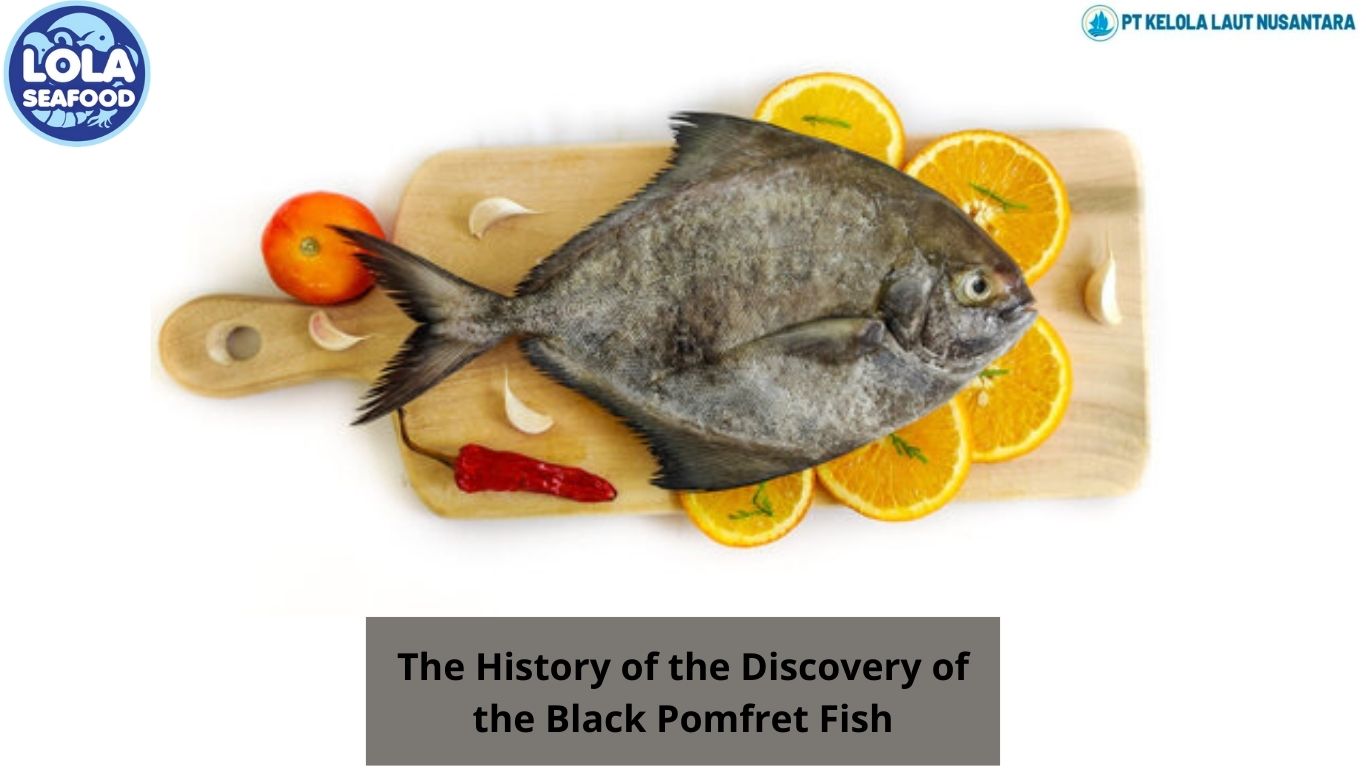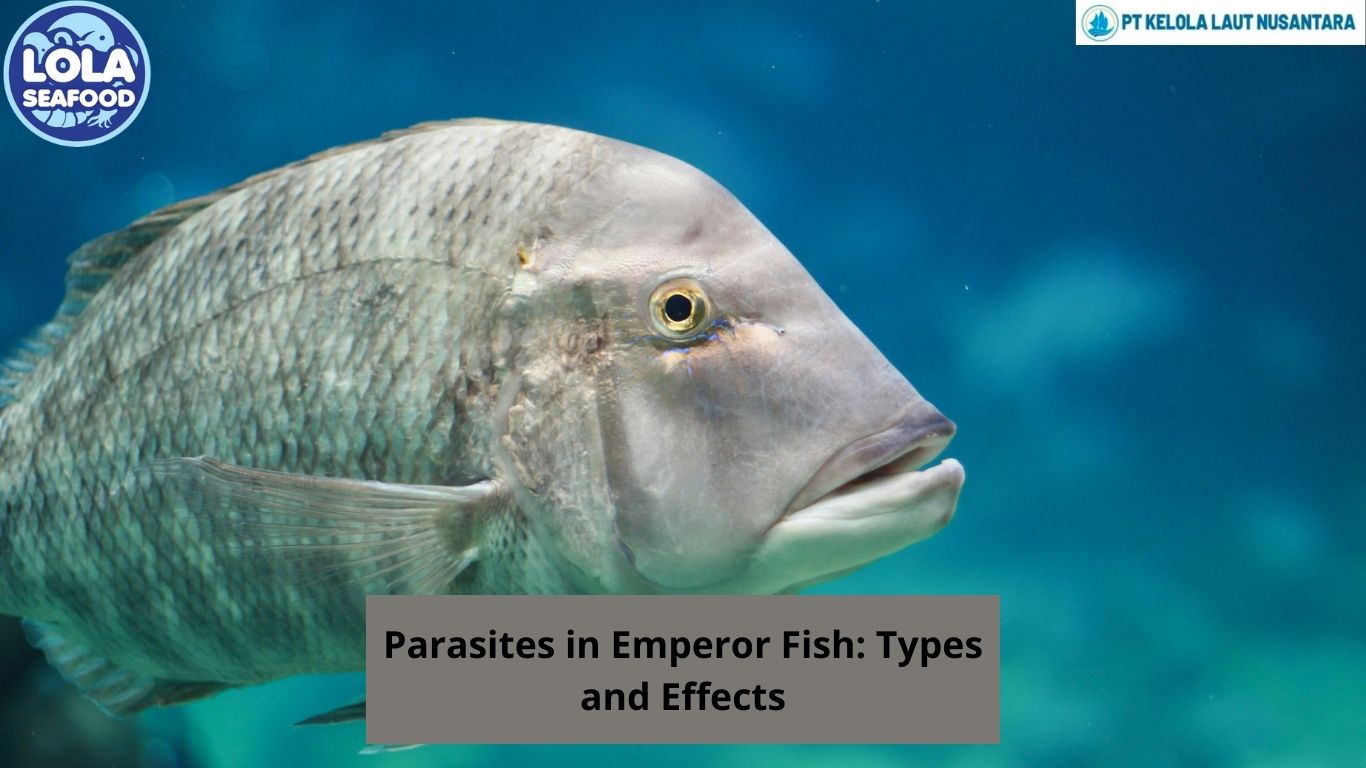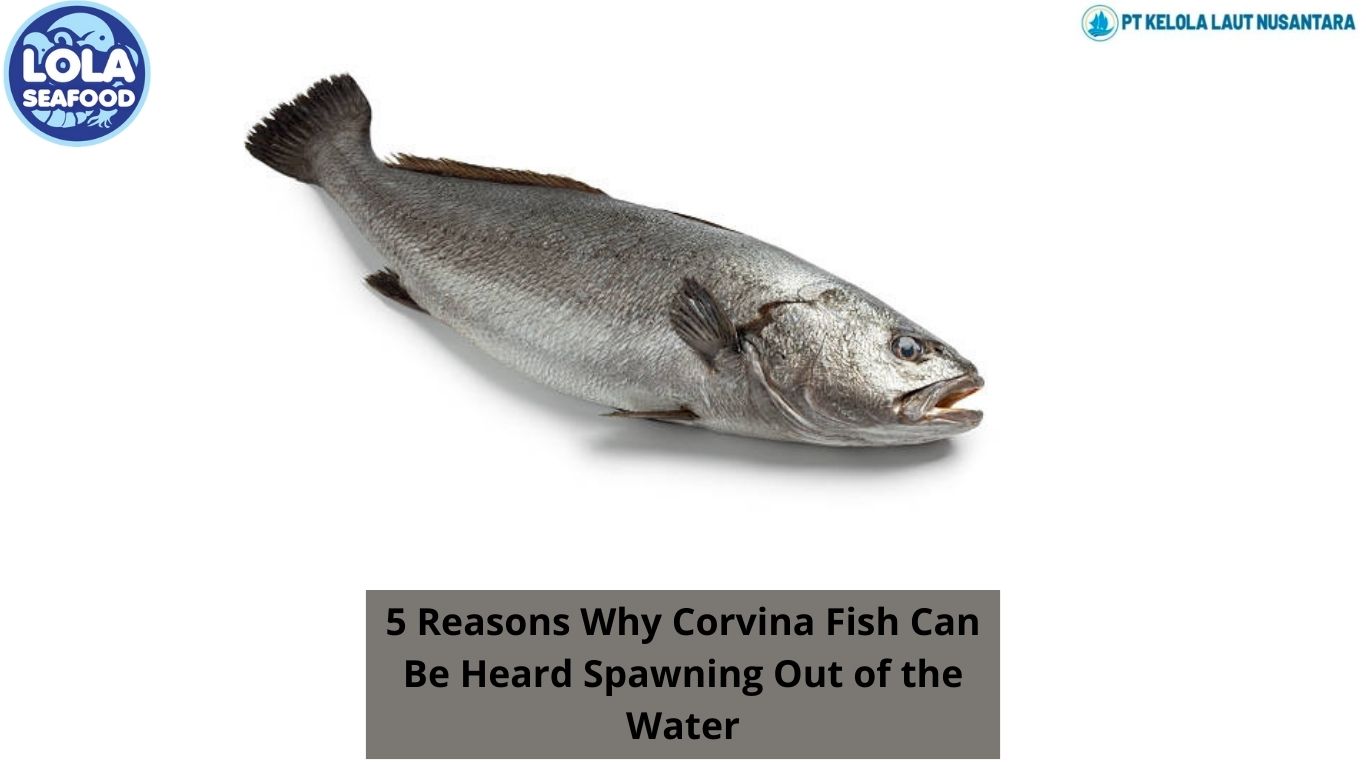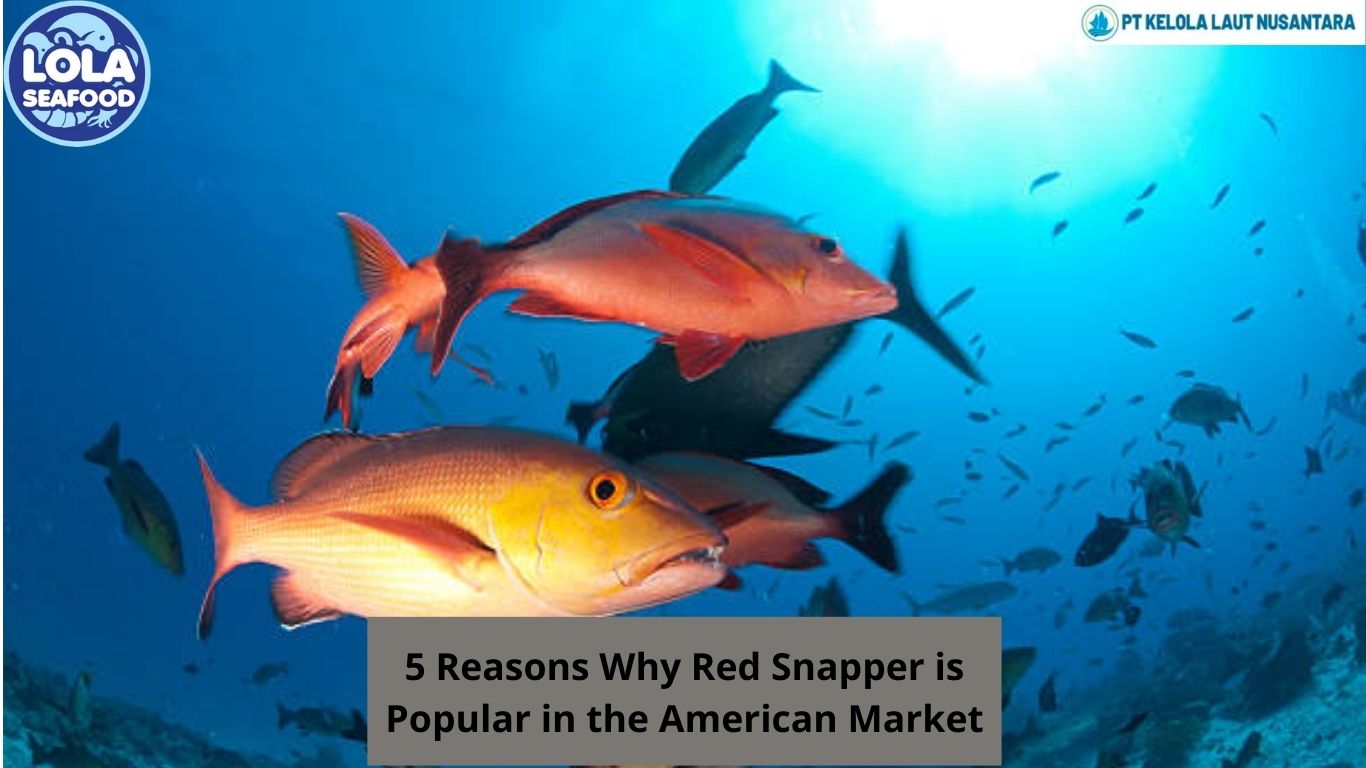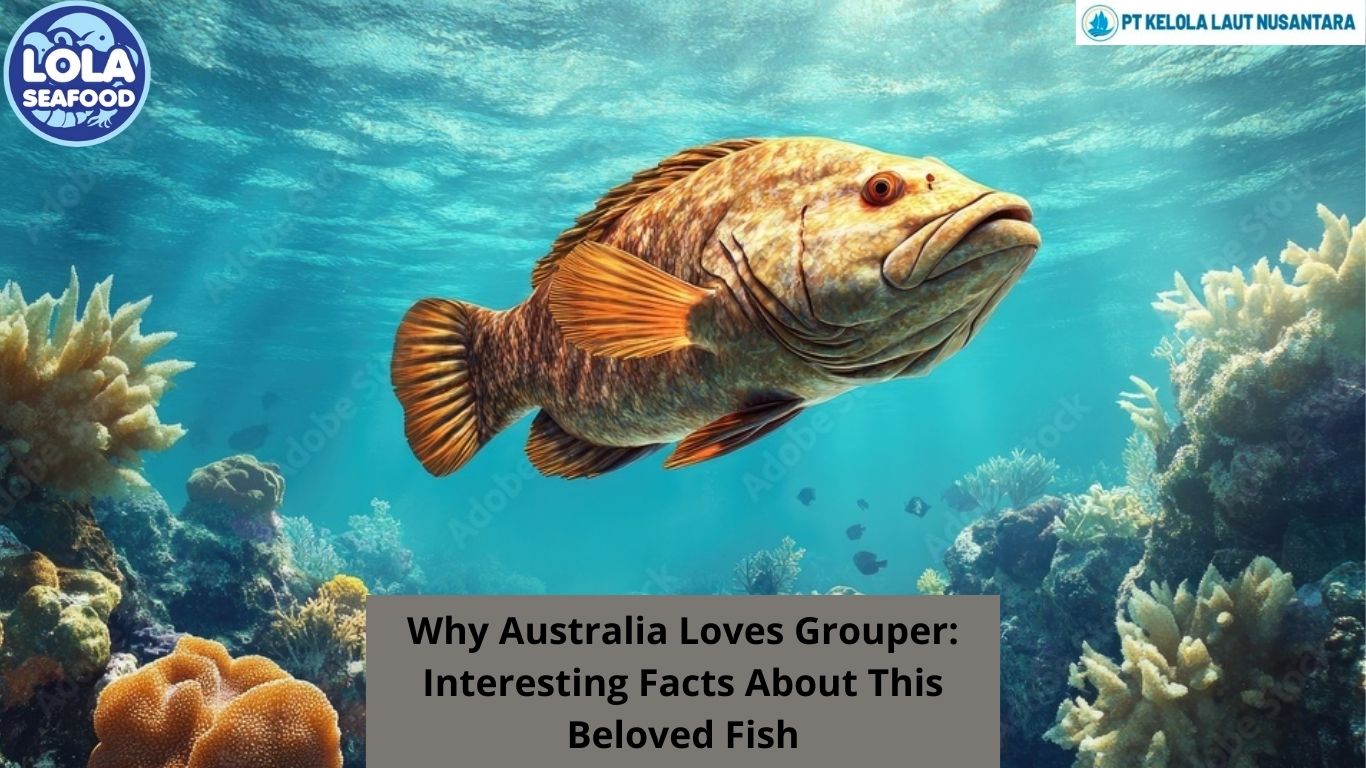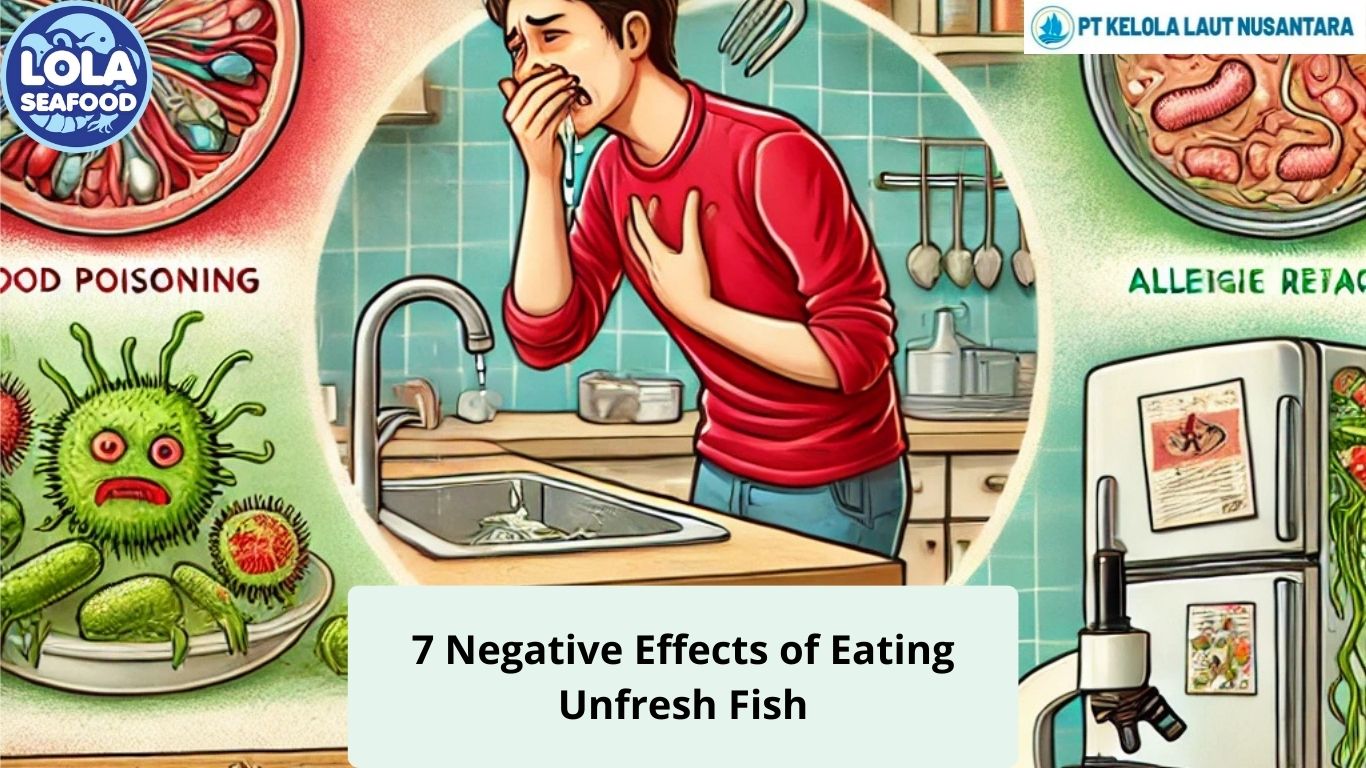What to Consider When Exporting Fishery Products to Canada
By. Wiwik Rasmini - 16 Dec 2024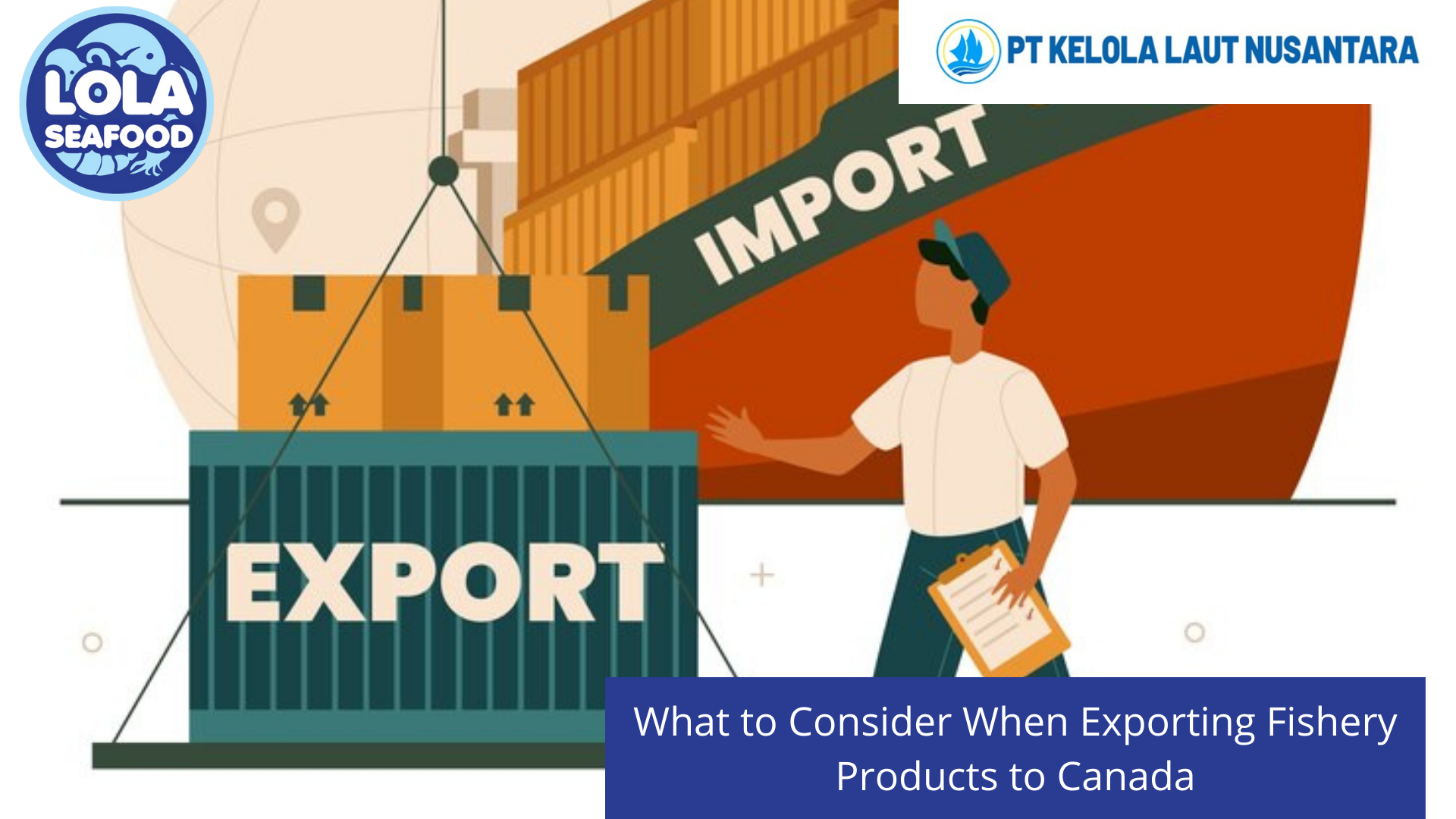
kelolalaut.com Canada is a potential market for Indonesian fishery products. However, to enter the Canadian market, exporters must comply with various rules and requirements set by Canadian authorities. Below are the key points regarding the rules and requirements for exporting fisheries products to Canada:
1. Registration and Export Permits
- Permit from the Indonesian Government: Companies wishing to export fishery products must be registered and licensed by the Indonesian Ministry of Marine Affairs and Fisheries (KKP). A Fish Health Certificate (Health Certificate) issued by KKP is mandatory for export.
- Registration in Canada: Exporters must ensure their products meet the standards set by the Canadian Food Inspection Agency (CFIA). Companies also need to be registered in CFIA’s system for monitoring and oversight purposes.
2. Quality Standards and Food Safety
Canada has strict food safety standards. Fishery products for export must comply with the following requirements:
- Food Safety: Products must be free from hazardous contaminants, such as heavy metals, chemicals, or drug residues exceeding permissible limits.
- Processing Standards: Products must be processed in facilities that comply with Hazard Analysis and Critical Control Points (HACCP) standards. HACCP certification is often a primary requirement for exporters.
- Product Labeling: Fishery products must be labeled according to Canadian regulations, including information on composition, country of origin, expiration date, and production code.
3. Export Documentation
Some key documents that exporters must prepare include:
- Fish Health Certificate issued by KKP.
- Certificate of Origin, indicating the products originate from Indonesia.
- Bill of Lading or other shipping documents.
- Customs Documents, in accordance with export and import regulations.
4. Regulations and Import Tariffs
- Tariff Benefits: As a participant in the Generalized System of Preferences (GSP), some fishery products from Indonesia can enjoy preferential or duty-free tariffs in Canada.
- Additional Import Requirements: Certain products, such as fresh, frozen, or processed fish, may require specific import permits from CFIA.
5. Compliance with Environmental and Sustainability Standards
Canada places a strong emphasis on natural resource sustainability. Exporters must ensure their fishery products are sourced from sustainable fishing practices. Certifications such as the Marine Stewardship Council (MSC) can add value in the Canadian market.
6. Inspection Procedures at Canadian Ports
Once products arrive in Canada, CFIA will conduct inspections to ensure compliance with food safety standards and import regulations. If violations are found, products may be rejected or destroyed.
If you are interested in our crimson snapper whole round, and crimson snapper fillet skinless please do not hesitate to contact us through email and/or whatsapp
